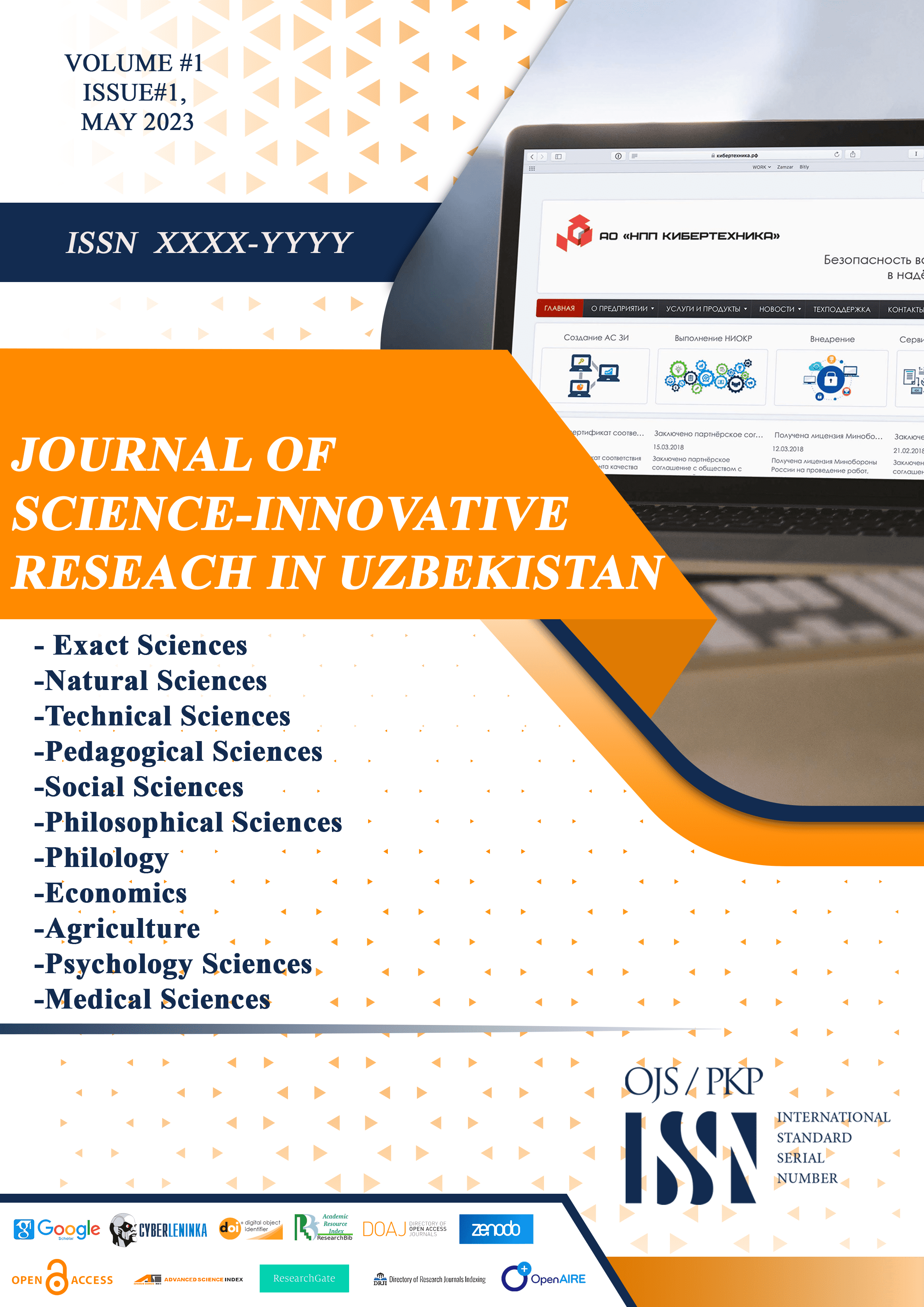Abstract
This article examines the achievements, challenges, and solutions in organizing independent learning in the training of engineering-energy specialists, using the example of the "Fundamentals of Power Supply" course. It highlights advancements in modern technologies, such as virtual laboratories and simulation software, and emphasizes the importance of enhancing students' independent learning skills. The paper also identifies key challenges, including a lack of technological resources, methodological materials, and assessment systems, while proposing solutions such as integrating modern tools, creating instructional materials, and fostering industry collaboration to improve the educational process.
References
1. Al-Atabi, M., & Chin, S. B. (2017). Think like an engineer: Use systematic thinking to solve everyday challenges & unlock the inherent values in them. Pearson Education.
2. Bishop, J. L., & Verleger, M. A. (2013). The flipped classroom: A survey of the research. ASEE National Conference Proceedings, 30(9), 1-18. https://doi.org/10.18260/1-2--22585
3. Biggs, J., & Tang, C. (2011). Teaching for quality learning at university: What the student does (4th ed.). McGraw-Hill Education.
4. Kalyuga, S. (2011). Cognitive load theory: How many pieces of information can our working memory hold? Routledge. https://doi.org/10.4324/9780203835120
5. Felder, R. M., & Brent, R. (2016). Teaching and learning STEM: A practical guide. Jossey-Bass.
6. Laurillard, D. (2012). Teaching as a design science: Building pedagogical patterns for learning and technology. Routledge. https://doi.org/10.4324/9780203125085
7. Nikolic, S., Ritz, C., Vial, P., Ros, M., & Stirling, D. (2018). Decoding student satisfaction: How to manage and improve the laboratory experience. IEEE Transactions on Education, 61(4), 305-315. https://doi.org/10.1109/TE.2018.2814612
8. Siemens, G., & Long, P. (2011). Penetrating the fog: Analytics in learning and education. EDUCAUSE Review, 46(5), 30-40. Retrieved from https://www.educause.edu
9. Rakhmonov, I., & Ganiev Sh., Alibekova T.S, & Nematov L.A. (2023). In technical higher education institutions current state of the use of modern educational virtual reality laboratories in the teaching of specialized sciences. E3S Web of Conferences, 384, 01029. https://doi.org/10.1051/e3sconf/202338401029
10. Rakhmonov I., & Kurbonov N., & Ganiev Sh., Erezhepov M. (2023). Creation of a database for the preparation of a programmable logic controller-based training simulator. Наука, техника и образование, 1 (89), 11-15.
11. Niyozov N., & Saburov S., & Ganiyev Sh., & Olimov Sh. (2023). AI-Powered Learning: Revolutionizing Technical Higher Education Institutions through Advanced Power Supply Fundamentals. E3S Web of Conferences, 461, 01092, https://doi.org/10.1051/e3sconf/202346101092

This work is licensed under a Creative Commons Attribution 4.0 International License.

